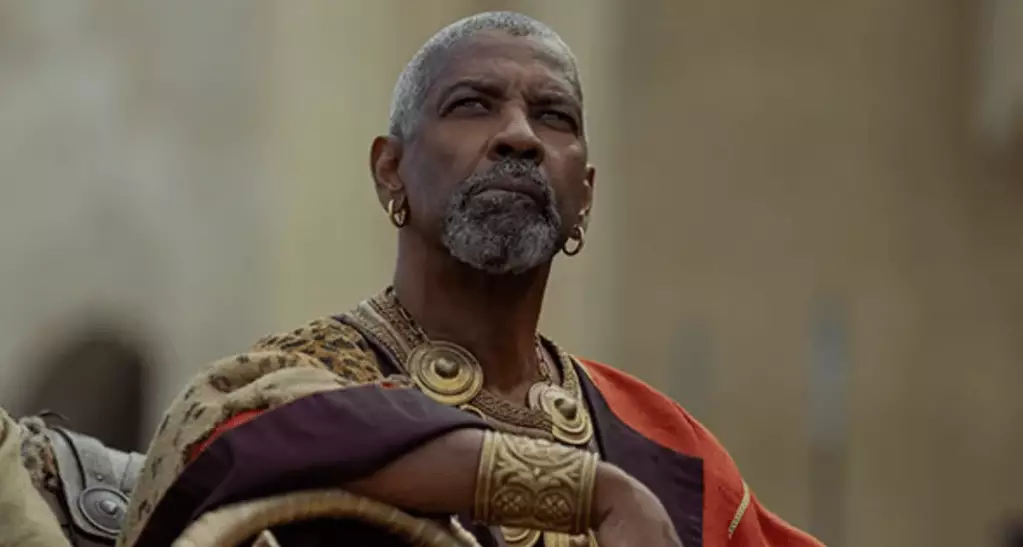Denzel Washington, a luminary in the film industry, has sculpted a career that resonates with both audiences and critics alike. His remarkable filmography showcases an array of powerful performances, earning multiple accolades, including two Oscars. Yet, the celebrated actor recently expressed a contemplative perspective on his earlier career choices, acknowledging that not all of his decisions have led to cinematic greatness. This candidness offers a rare insight into the psyche of an artist who has navigated the complexities of fame, responsibility, and personal growth.
In a conversation with The Times of London, Washington opened up about the less favorable decisions he made in the 1990s. While he has starred in many acclaimed films, he candidly discussed the existence of “real clunkers” during a phase of artistic exploration. His admission underscores a poignant reality within the entertainment industry: even the brightest stars are susceptible to missteps. Washington’s choice to prioritize financial stability during that period—driven by the responsibilities of family and a burgeoning career—is a relatable sentiment, illustrating the balancing act many face between creative integrity and practical obligations.
Washington articulated a philosophy of life that captures the essence of personal and professional evolution: “In life, you learn, earn, and then you return.” This mantra strikes a chord with many who aspire to thrive in their careers while managing the pressures of personal life. He highlights a critical turning point between the ages of 30 and 60—an era predominated by achievement and growth. This reflective approach not only sheds light on his conscious decision-making but also positions his career as a profound narrative of growth, where every misstep has contributed to the artist he is today.
Interestingly, a glance at Washington’s IMDb profile suggests he may be overly harsh in his self-assessment. Films such as “The Pelican Brief” and “Crimson Tide” established him as a versatile and talented performer, dispelling the notion of a career riddled with poor choices. The scrutiny surrounding his filmography raises an essential question: Can Denzel Washington indeed create a bad film? The sheer volume of interest in this inquiry reflects his iconic status and the high expectations set by audiences.
As Washington prepares for his role as a slave owner in “Gladiator II,” he acknowledges that audiences often project their perceptions of him onto his characters. This phenomenon speaks to the inherent connection between an actor’s on-screen persona and their real-life image. Washington portrays himself as a “good guy,” indicating that his moral compass informs the characters he takes on, regardless of their narrative arcs. This belief reinforces the idea that film is not merely an escape but a medium through which personal values and narratives are exchanged.
Denzel Washington’s journey is not merely a timeline of films but a profound narrative of self-discovery and evolution. His ability to recognize past choices, coupled with his unwavering commitment to growth, encapsulates a larger theme of resilience in the face of life’s complexities. As he continues to captivate audiences, Washington remains not just an actor but a powerful voice in the dialogue surrounding creativity, responsibility, and the human experience.



Leave a Reply